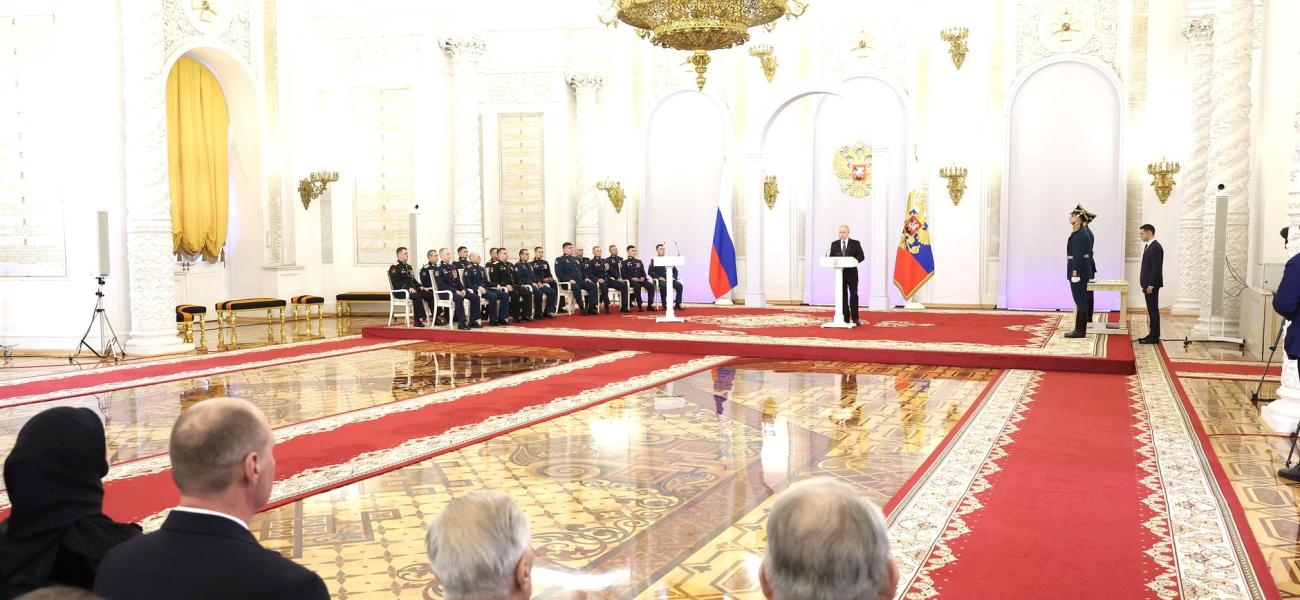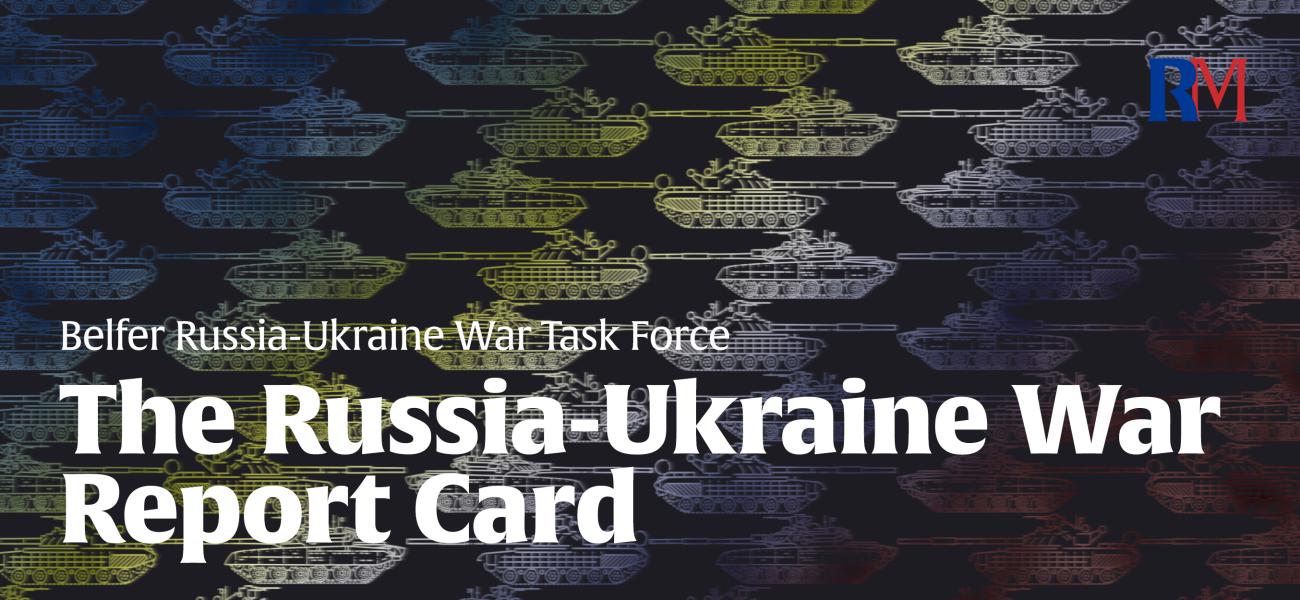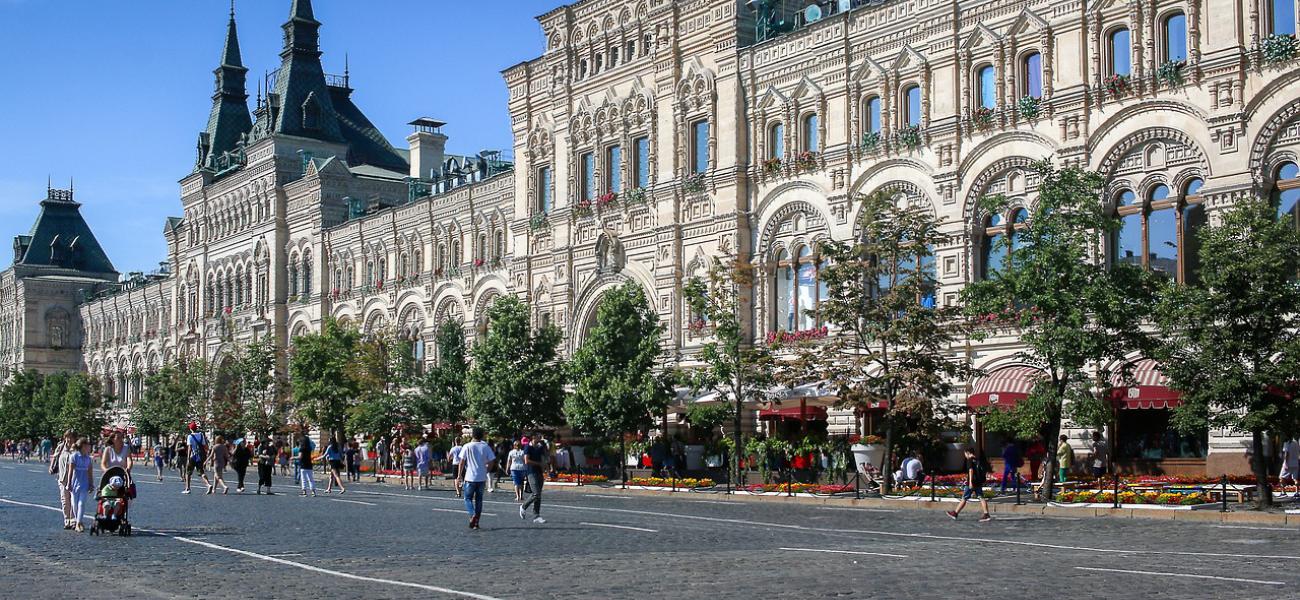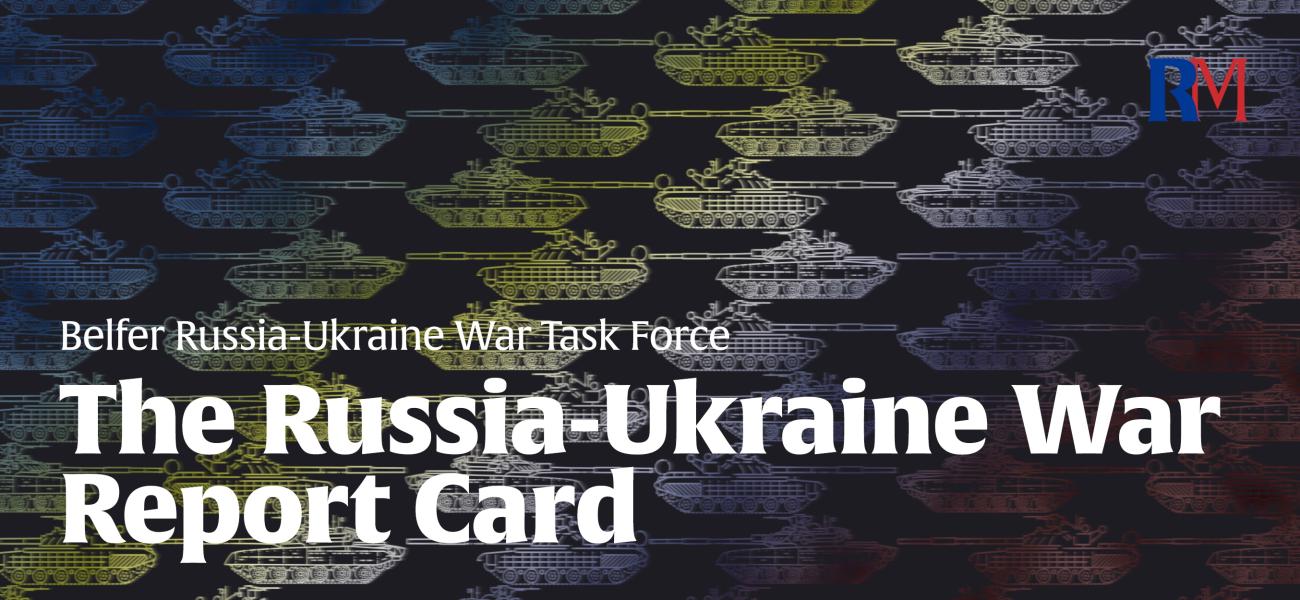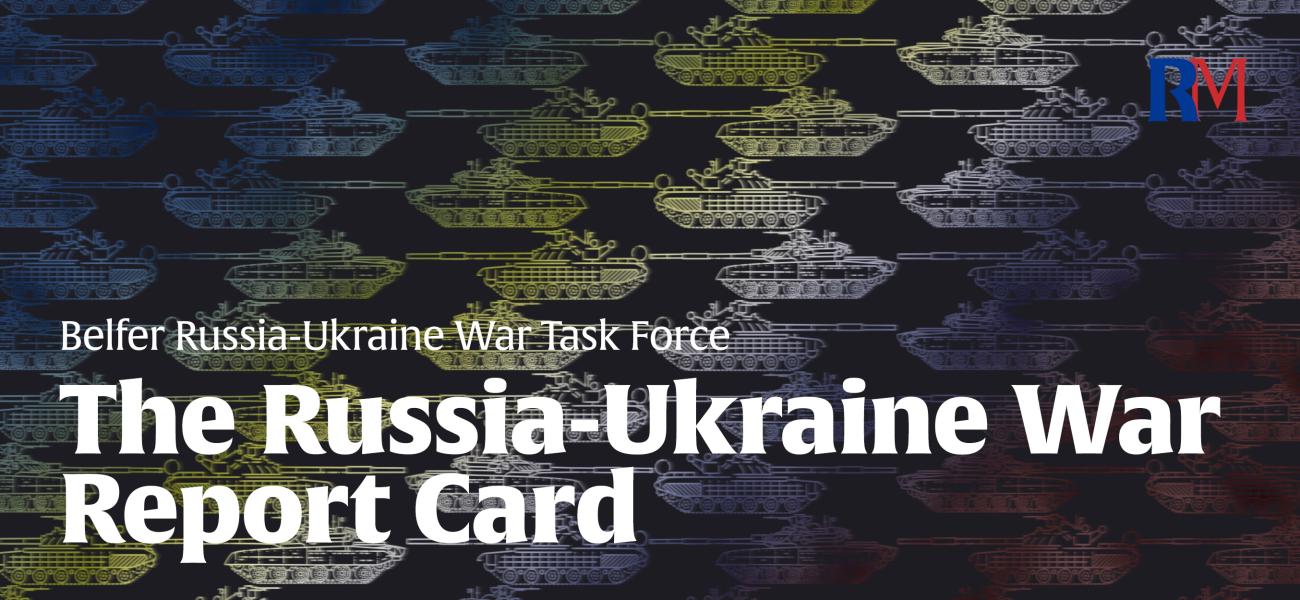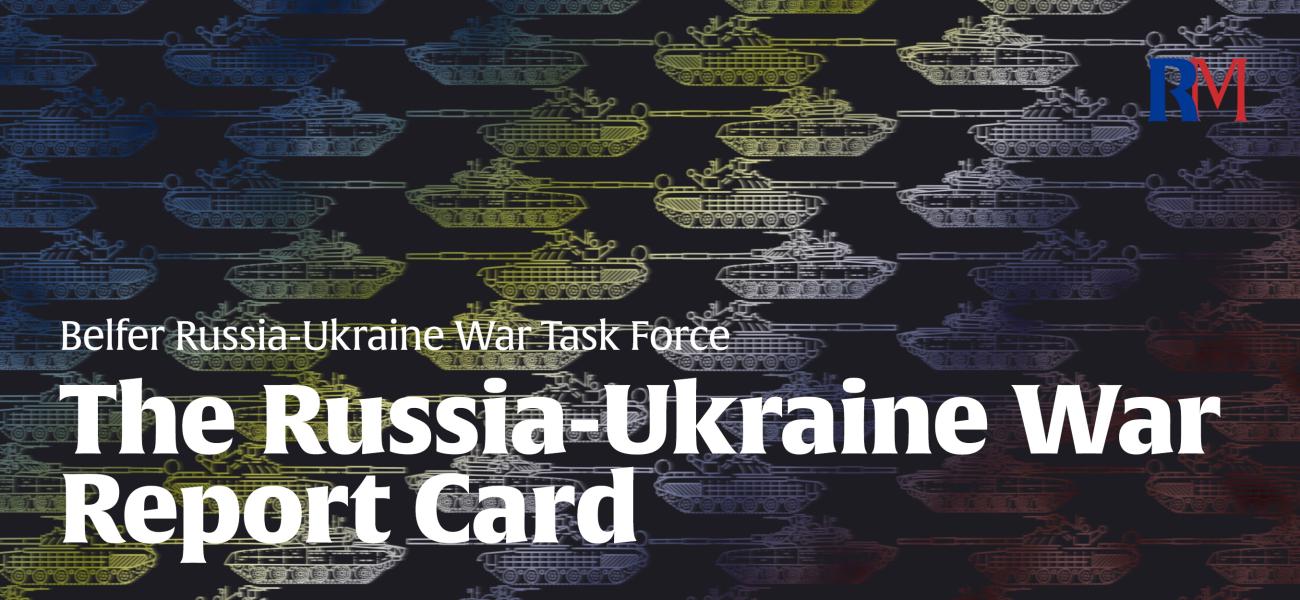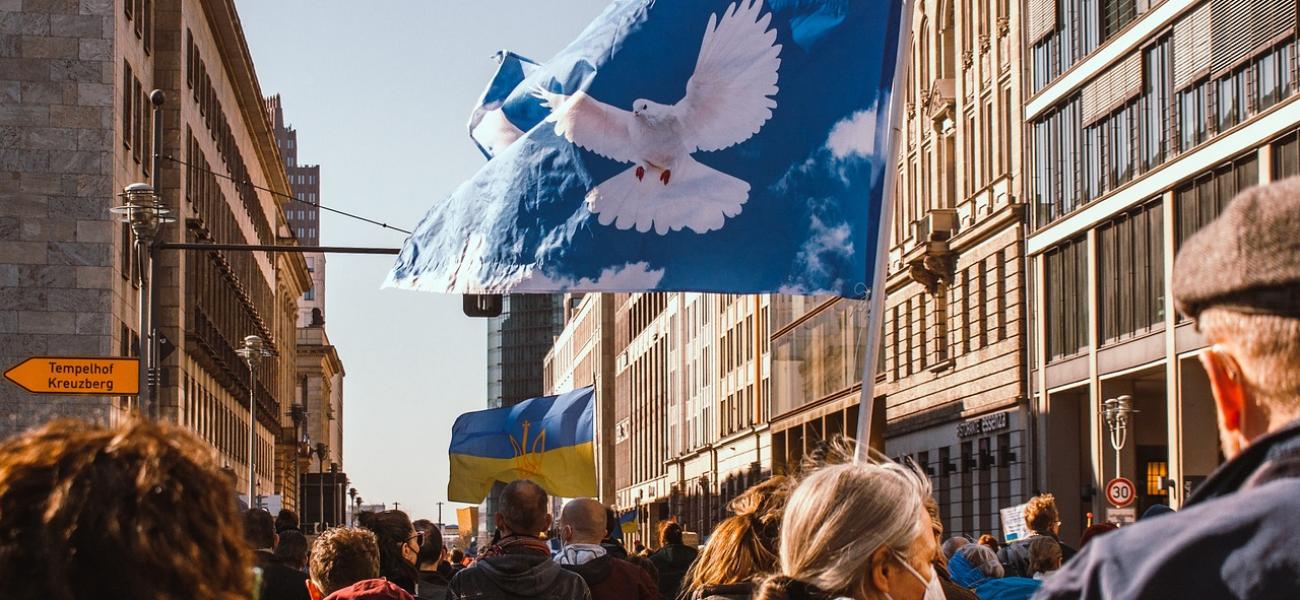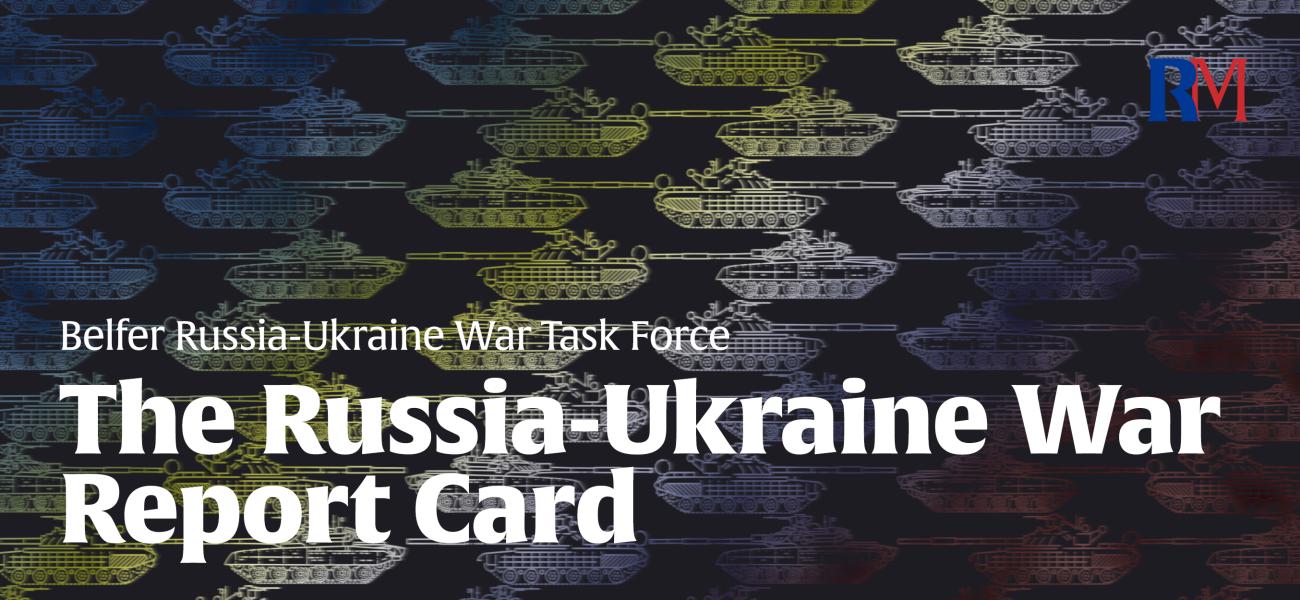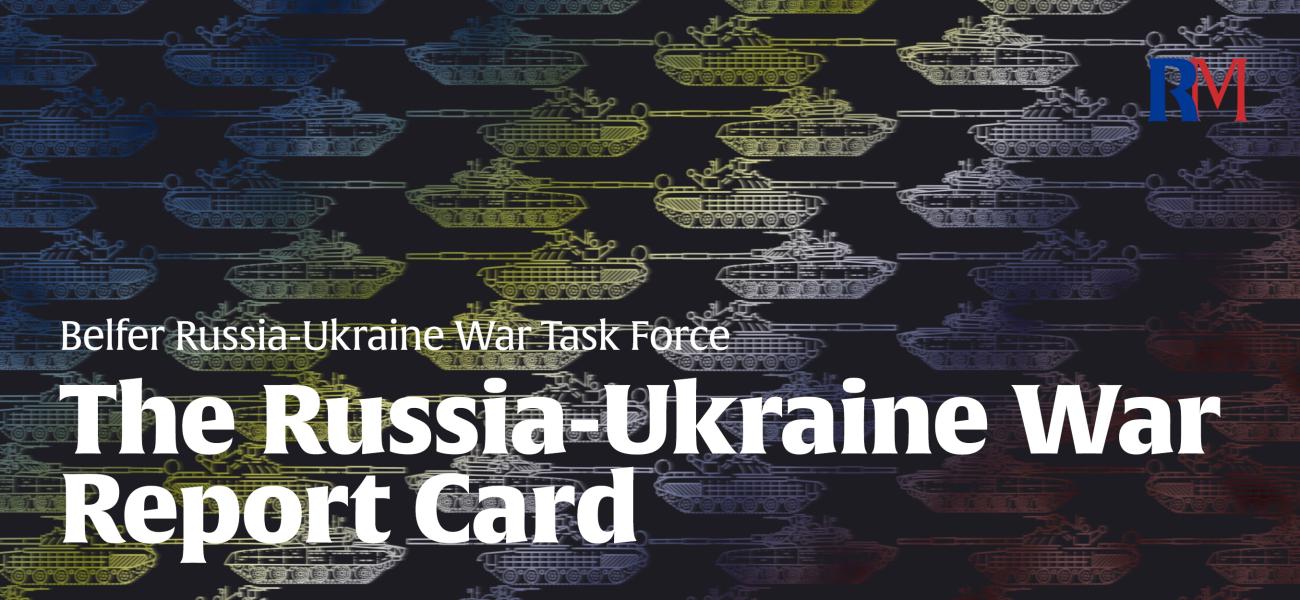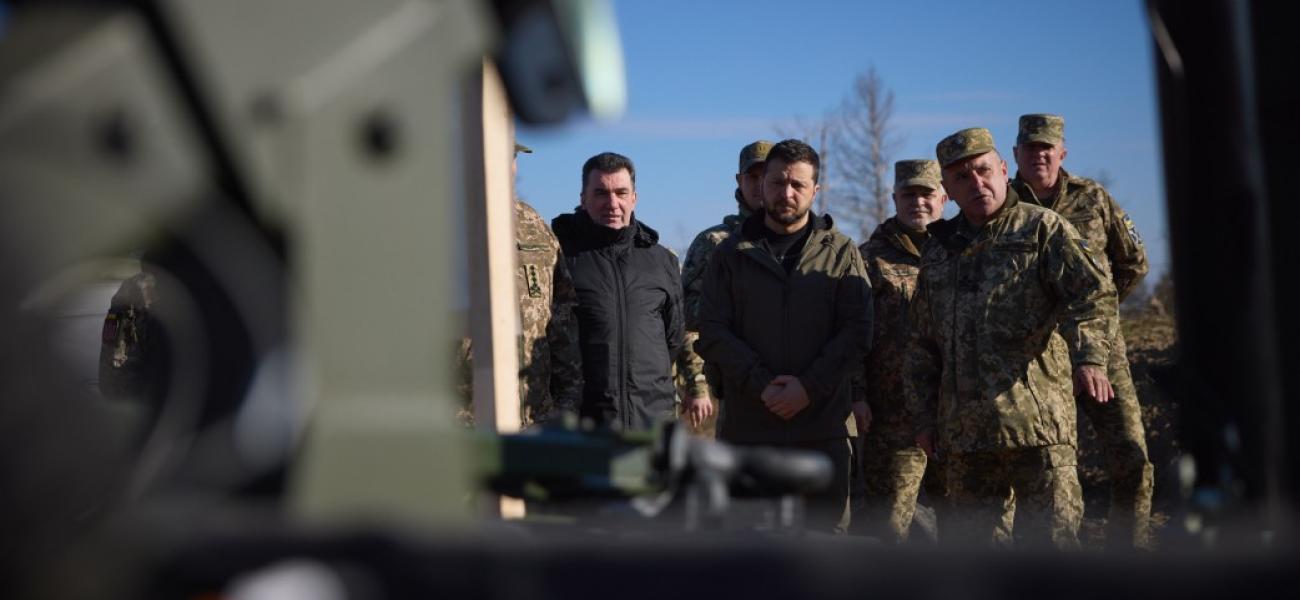A cross-section of views on Putin's revelation that he plans to seek yet another presidential term.
In the Thick of It
A blog on the U.S.-Russia relationshipThe Russia-Ukraine War Report Card, Dec. 12, 2023
December 12 update: No significant territorial change. Congressional aid package remains stalled after Zelensky visit to D.C. in which Biden promised to support Ukraine for “as long as we can.” Net territorial change in the past month: Russia +21 square miles.
Pre-War Poll: Young Russians Unwilling to Sacrifice for Russia’s Might
Russia’s RBC news agency has just published its summary of a study mostly conducted before Russia’s invasion of Ukraine looking at the attitudes of young Russians toward their country’s development and global role, as well as their own contributions to both. According to RBC’s summary of the report, the majority of young Russians opposed sacrificing their lifestyle for the sake of Russia’s might, and one-third did not want Russia to pursue global goals.
The report was co-researched and drafted by a polling center of the Russian Academy of Sciences, the Russian Institute of Strategic Studies and the Higher School of Economics. It should be noted that, first, all three entities are either directly or indirectly affiliated with the Russian state, and, second, most of the polling of the young Russians (4,000 individuals aged between 14 and 35) took place in 2021, before Vladimir Putin chose to start the Russia-Ukraine war in February 2022. These factors should be taken into account when thinking how forthcoming the respondents were, as well and how their (and their pollsters’) views may have evolved. We should also, of course, factor in how fear of persecution may have influenced the responses.[1] Still, there are some points in the report worth pondering.
The Russia-Ukraine War Report Card, Dec. 5, 2023
December 5 update: Continued stalemate. Zelensky said Ukraine needs to accelerate the construction of defenses along the front line. Net territorial change in the past month: Russia +10 square miles.
The Russia-Ukraine War Report Card, Nov. 28, 2023
November 28 update: No significant territorial change. Putin again said Russia never refused peace talks and blamed Ukraine for withdrawing. Net territorial change in the past month: Russia +7 square miles.
The Russia-Ukraine War Report Card, Nov. 21, 2023
November 21 update: Entrenched stalemate. President Biden published an opinion piece arguing US aid to Ukraine prevents broader conflict tomorrow. Net territorial change in the past month: Russia +9 square miles.
More Russians Advocate for Peace Talks With Ukraine, But Devil Is in Details
A second Russian pollster reports that the share of Russians who advocate for peace negotiations with Ukraine has exceeded the share of their compatriots who favor continuing the war. The devil is in details, however.
When It Comes to Ukraine, Doves Appear to Continue to Outnumber Hawks in Russia
The share of Russians who advocate for peace talks with Ukraine has overtaken the share of those who favor continuing the war for the first time since the Russian Field (RF) pollster began taking stock of Russians’ attitudes toward their country’s so-called special military operation (SVO) in Ukraine in April 2022.
When asked by this pollster on Oct. 21-29, 2023, if Russia should continue the so-called special military operation (SVO) or move to peace talks, 48% chose the latter, while 39% said Russia should opt for the former. In contrast, the share of peace and war advocates was 44% and 45%, respectively, in the previous poll conducted by this Moscow-based private research agency in June 2023. Moreover, when asked in October whether they would support Vladimir Putin’s decision to sign a peace deal and stop the SVO if he were to do so tomorrow, only 18% answered in the negative, while 74% answered in the affirmative, the highest such share in the history of RF’s polling on the subject since April 2022. It also follows from RF’s October poll that many of its respondents are disinclined to support sacrificing more Russians lives for the sake of the SVO. When asked whether they supported a second wave of mobilization in Russia, 58% said they do not, and 32% said they do. Moreover, 61% of Russians said they would have negative emotions if a second wave of mobilization was declared. RF’s findings that the share of doves among common Russians is growing are concurrent with recent measurements of public opinion on the SVO conducted by Russia’s leading independent pollster, the Levada Center. This center’s two latest polls on the SVO have revealed that the share of Russians who advocate for peace talks (56% in October, compared to 51% in September) has continued to be greater than the share of those who support continuing the war (37% in October, compared to 39% in September).3
The Russia-Ukraine War Report Card, Nov. 14, 2023
November 14 update: No significant territorial changes. European Commission recommended EU open accession talks with Ukraine, but Orban said Hungary would oppose. Net territorial change in the past month: Ukraine +9 square miles.
The Russia-Ukraine War Report Card, Nov. 7, 2023
November 7 update: Continued territorial stalemate. Zaluzhny said the war is in “stalemate” like World War I and breakthrough requires new technology like gunpowder. Zelensky disagreed and called for unity. Net territorial change in the past month: Ukraine +11 square miles.
Average Age of Ukrainian Soldiers Is Past 40 and That Could Be a Problem
Time journalist Simon Shuster has just published an article titled “Volodymyr Zelensky’s Struggle to Keep Ukraine in the Fight,” which contains three revelations that do not bode well for that struggle. First, the article reveals that Zelensky—who remains staunchly opposed to either truce or peace—is so convinced of Ukraine’s victory that one of his closest aides describes him as “delud[ing] himself.” Second, the article reveals that after his September trip to the U.S., Zelensky has been feeling betrayed by his Western allies, who he feels have left him without the means to win the war, only the means to survive it. Last but not least, even if the West did come through with all the weapons they have pledged, “we don’t have the men to use them,” one of Zelensky’s close aides told Time’s Shuster, revealing that the average age of a Ukrainian soldier has already reached 43.1 That third revelation is, perhaps, the most consequential of the revelations that Shuster—who has been relentlessly covering post-Soviet conflicts for decades—makes in his Nov. 1 article.
The reason I think this last revelation might be the most consequential is because it shows both Ukraine’s adversary and its allies, that, on its current trajectory, the Armed Forces of Ukraine (ZSU) will have to conscript pre-pension age males in the not-so-distance future. And here’s why: Less than a month after the Russian invasion began on Feb. 24, 2022, the average age of Ukrainian soldiers was 30-35, according to FT.2 Thus, if the ageing of the ZSU’s rank-and-file continues at the rate reported between the launch of the invasion and now, then the average age of Ukrainian soldiers one year and two years from now would be 48-51 and 52-58, respectively. Thanks to the aging of Ukraine’s population, the pre-war number of 35 to 49-year-old males (a 26% share of the total male population) was estimated by the World Bank to be greater than the number of 20 to 34-year-old males (a 17% share of the total male population) in 2022.3 However, older cohorts tend to have greater health problems, especially in a country with a male life expectancy of 65, ranking 98th of 123 in the world by that metric. As the close aide to Zelensky explained to Shuster, “They’re grown men now, and they aren’t that healthy to begin with ... This is Ukraine. Not Scandinavia.”

